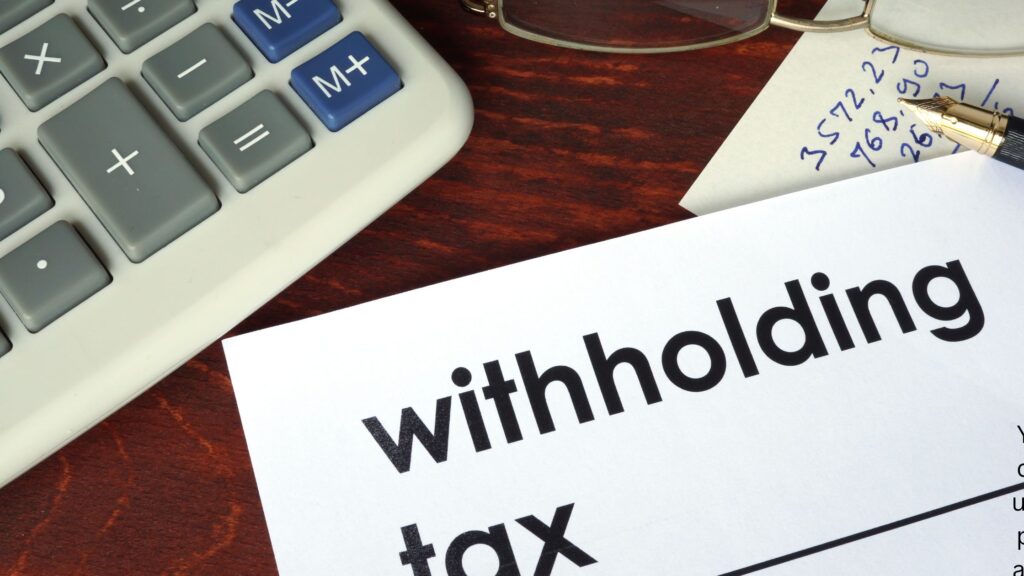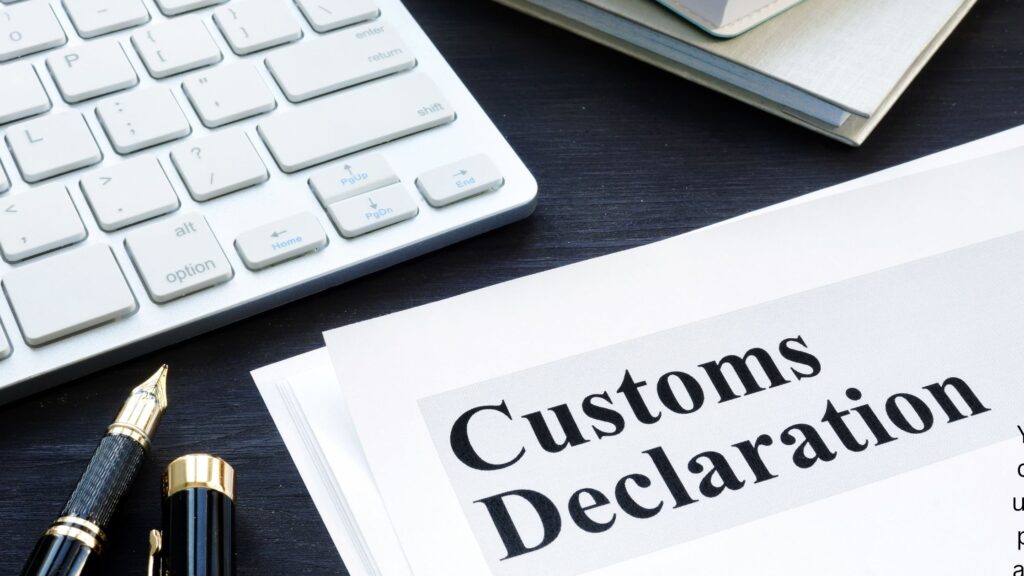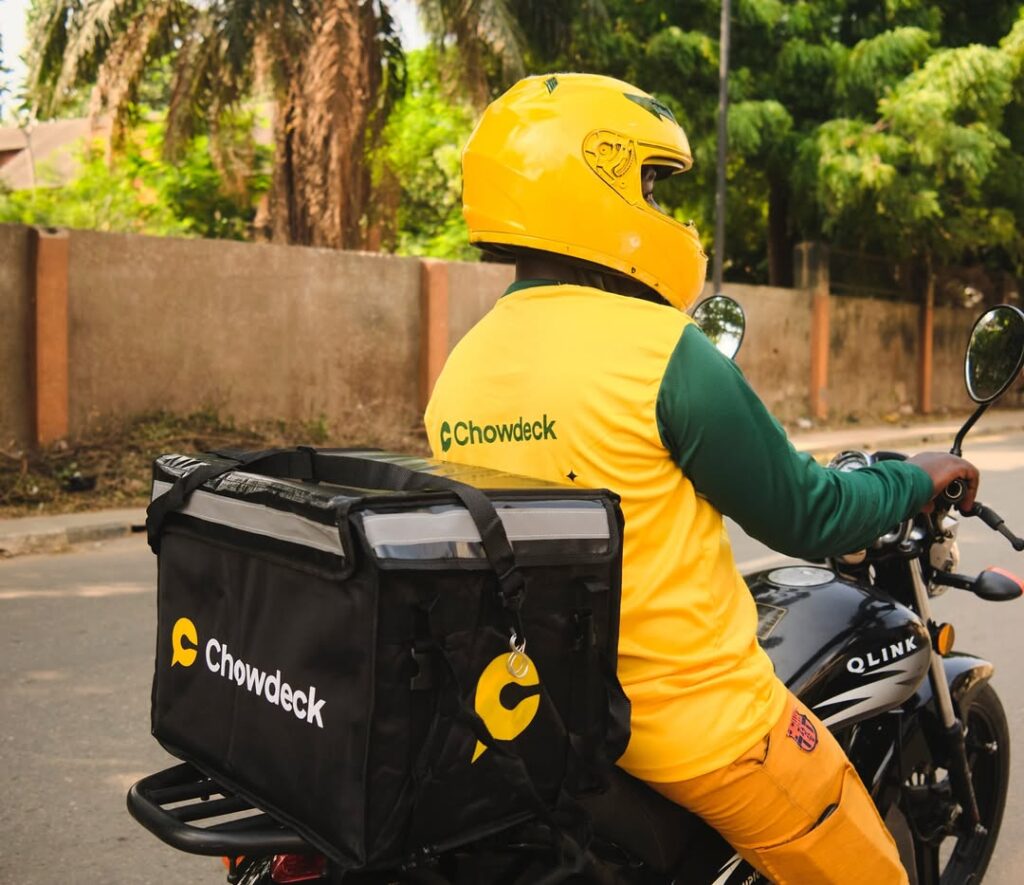By Mary Esther | June 11, 2025
If only Joey Tribbiani knew peer pressure like we do.
Joey had six friends, ate everyone’s food, barely paid rent, and still somehow made it to every Central Perk hangout and beach trip without Venmo reminders or group chat guilt. But in real life especially for Gen Z the “broke best friend” doesn’t get the laugh track. We get anxiety and sometimes, an empty account before the 15th of the month.
Many people think they understand peer pressure. Sure, the dictionary defines peer pressure as the influence to conform to the behaviours or expectations of your peers. But that definition doesn’t hit hard enough. Because in our world, peer pressure doesn’t always come with a warning sign or a dare. Sometimes, it shows up as: “Let’s split the bill evenly,” even when you only ordered fries.

That guilt you feel when you say “I can’t make it” and everyone goes quiet. The unspoken rule that everybody has to be outside, even when your rent is inside or watching everyone’s soft life aesthetic on TikTok and feeling like you’re falling behind just because you’re living within your means.
You see, peer pressure today is subtle but expensive. It’s in the “you only live once” captions. The fear of being left behind, replaced, or seen as the “broke friend” who can’t keep up and because nobody wants to feel like the financial buzzkill. We bend, swipe, rationalize and say “yes” to outings we can’t afford and convince ourselves it’s fine until it’s not.
That’s How the Broke Best Friend Epidemic Sets In
It’s not about poor money habits or being financially reckless. In fact, some of the most budget-conscious people you know are the ones stuck in this loop. Because they care about memories and not being left behind, even when their bank account is begging them to sit this one out.
So let’s talk about why we overspend, how it really affects us, and what you can do to reclaim both your finances and your peace without becoming a hermit or losing your social life.

Why We Overspend for the Squad
No one wakes up and says, “Today, I’m going to wreck my life savings just to seem okay.” But somehow, we do it because we don’t want to be left out. There’s a quiet pressure that comes with being part of a group. You want to be there for your people. You want to laugh at the inside jokes because you were actually there when they happened. So even when money is tight, you say yes. You push aside the voice doing the math in your head and tell yourself, “It’s just this one time.”
However, “one time” becomes two. Then five. And suddenly, you’re constantly choosing between being social and being financially stable.
FOMO Is Real
FOMO (Fear of Missing Out) isn’t just a buzzword. It’s a real emotional response. It’s that uneasy feeling you get when you think others are having fun or living better lives without you. It makes you question your decisions and wonder, What if I miss something important?
In today’s world where everyone’s highlights are broadcast in real time, it’s easy to feel like your quiet Friday night is a sign that you’re falling behind or you are a boring person. You start thinking that not spending money might cost you connection or experiences.
That’s how, like peer pressure, FOMO becomes expensive. Not because the plans are always luxurious but because they never seem to stop. However, It’s not just you. Your friends feel this way too but because of FOMO, no one wants to talk about money matters. Everyone pretends to look fine on the outside but many of your friends are also tired. Stretched thin and quietly wishing someone would just say, “Can we do something cheaper?”
But no one says anything so everyone keeps spending even when it hurts.

The Real Cost of People-Pleasing
Being the friend who’s always down and available for all outings sounds fun until you realize how much it’s costing you. Most people-pleasers don’t mean to overspend. They just don’t want to disappoint anyone. So they keep saying yes over and over. Because saying “no” feels like a betrayal even when it’s to their own needs.
But let’s break it down:
- ₦20,000 for a “quick lunch” after church
- ₦4,500 to split an Uber because no one wants to take a bus
- ₦30,000 for a birthday dinner you didn’t plan for
- ₦5,000 for a last-minute group contribution
- ₦25,000 for a new outfit because “you’ve worn that one already”
- ₦17,000 for cocktails on a random Thursday
That’s over ₦100,000 in one month spent trying not to make things awkward and that doesn’t even touch the emotional cost.
You smile, but you’re counting every naira. Then again, you laugh, but your bank app is open five times a day. You start dreading plans, not because you don’t love your people but because showing up is draining you. The worst part? You start feeling guilty just for thinking about money. Like you’re not fun anymore if you can’t keep up. Like friendship and financial peace can’t coexist.
If you have gotten to this point and are already feeling, why does this feel so relatable but I need to make memories with my people.
Well, constantly saying yes when you really want to say no doesn’t make you a good friend, it makes you invisible to your actual needs. You can love your people and still choose yourself. You can be supportive and still have boundaries.
Lastly, you can be a good friend without putting your finances in survival mode because the friendships that matter won’t fade when you say, “not this time.” They’ll understand and they’ll meet you where you are.

How to Enjoy Life on Your Own Budget
Let’s make one thing clear, you are not boring for budgeting. You’re not selfish for saying “not this time.” You’re not a bad friend for choosing financial stability over pressure. Fun is not exclusive to the highest bill at the table or the most “aesthetic” weekend getaway. You can still be social, still have deep friendships, still make memories without going broke to prove a point.

Here are five ways to help you overcome peer pressure, maintain your social life and still be financially stable:
1. Be Honest With Yourself First
Before setting boundaries with your friends, start by being real with yourself. Take a quiet moment to ask, What can I actually afford this month without feeling stressed afterward? Break it down: maybe you’ve got ₦10k for one hangout, ₦5k for the occasional takeout, and ₦3k set aside for transport. That’s your honest budget not what you wish you could spend, but what won’t leave you anxious after swiping your card. When you know your limit, it’s easier to say “no” without guilt and “yes” without regret.
2. Create a “Yes List”
A “yes list” is your personal guide to what you can confidently say yes to without stressing your wallet. It could be ₦10k a month for hangouts, one Uber ride a week, or game nights over dinners. When you define what fits within your budget, you stop feeling guilty for turning things down. Saying no becomes less emotional because you’re not rejecting your friends, you’re simply choosing what aligns with your financial goals. It’s not about restriction; it’s about clarity and control.
3. Suggest Affordable Alternatives
Fun doesn’t have to come with a high price tag. Some of the most meaningful memories are made in simple and low-cost ways like movie nights at home, potluck dinners where everyone contributes, game nights, beach outings, or just catching up on a walk. These moments matter just as much, if not more, than expensive dinners or fancy events. If your circle only defines fun by how much it costs, it might be time to gently remind them that real friendship is about connection, not consumption.
4. Say “No” Without Apology
You don’t need to explain yourself with long messages or made-up excuses. A simple, honest “That’s out of my budget this month, let’s plan something else soon” is more than enough. Saying no isn’t rude or selfish; it’s a healthy boundary. You’re allowed to protect your peace and prioritize your finances without feeling embarrassed. Real friends will understand and the ones who don’t might not be as supportive as you think.
5. Build a Financially Aligned Circle
You don’t have to cut people off. But it’s still okay to move closer to those who truly get it like friends who value your presence, not your spending. The kind who don’t need expensive plans to enjoy your company, and who respect your financial goals without making you feel guilty. The truth is, the right people won’t pressure you to compromise your stability or abandon your growth just to stay included. They’ll cheer you on for choosing what’s best for you.

Don’t Drain Your Wallet for the Squad
You shouldn’t have to drain your wallet just to feel like you belong. Friendship shouldn’t come with financial pressure or silent stress. If showing up constantly leaves you overwhelmed or in debt, it’s time to pause and reflect not on who you are to others, but on what you owe to yourself.
Start by auditing your social spending. Where does your money actually go each month? What plans made you feel full and which ones left you stretched and regretful? Pay attention to the moments you said “yes” out of fear, guilt, or pressure, and ask yourself: Was it worth it?
Then, go back to your “yes list.” Decide what you can afford emotionally and financially, and let that guide your choices not comparison, not shame, not silence. Finally, build a lifestyle that fits your reality, not just the group chat. At the end of the day, true friends won’t make you perform to keep your place. They’ll meet you where you are, celebrate your growth, and remind you that you are enough even when your answer is “not this time.”












